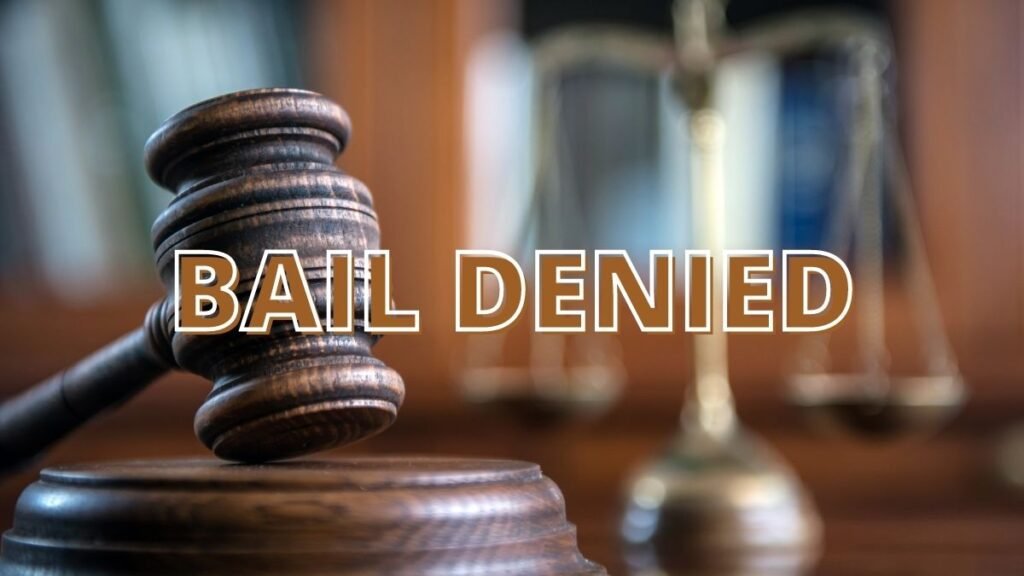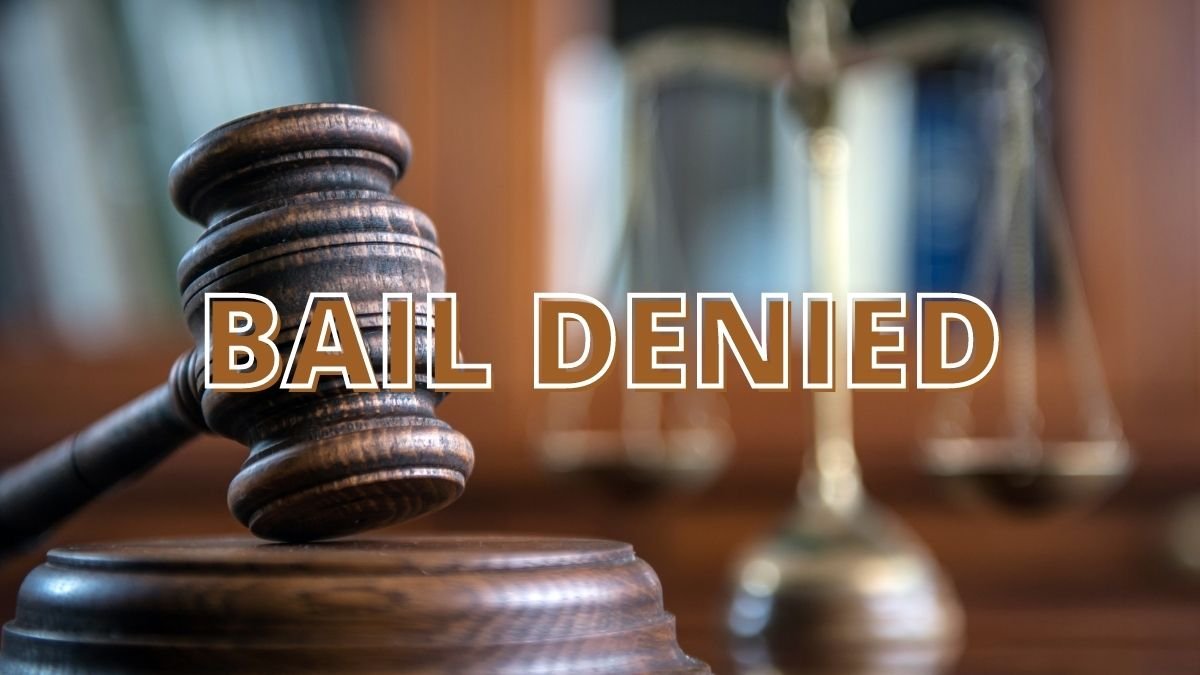Bail is a cornerstone of the judicial system, allowing individuals accused of crimes to remain free while awaiting trial. However, not all bail applications are approved, and bail rejection cases can have significant legal, emotional, and social implications. This article delves into the factors, laws, and real-life examples surrounding bail rejection cases, ensuring you have a comprehensive understanding of this critical topic.
What Are Bail Rejection Cases?
Bail rejection cases occur when a court denies a request for bail, keeping the accused in custody. Bail serves as a guarantee that the accused will return for court proceedings, but courts can reject applications if they find it unsuitable to release the individual.

Common Reasons for Bail Rejection Cases
- Nature and Severity of the Crime
Courts often reject bail for severe offenses such as murder, rape, or terrorism, where public safety might be at risk. - Likelihood of Absconding
If the accused has a history of avoiding legal proceedings or lacks a permanent residence, their bail application might be denied. - Tampering with Evidence or Witnesses
The possibility of influencing witnesses or destroying evidence is a common reason for bail rejection in sensitive cases. - Criminal History of the Accused
Courts consider the prior convictions or pending charges against the accused while deciding on bail. - Public Interest
In cases involving public outcry, courts may reject bail to maintain public confidence in the legal system.
Landmark Judgments in Bail Rejection Cases
1. Gudikanti Narasimhulu v. Public Prosecutor (1978)
This case established that granting bail is a balancing act between individual liberty and societal interests.
2. State of Rajasthan v. Balchand (1977)
The court held that bail should be the norm, and jail should be the exception, emphasizing the significance of liberty.
3. Niranjan Singh v. Prabhakar Rajaram Kharote (1980)
This case stressed the importance of considering the gravity of the charge and the accused’s behavior before deciding on bail.
These judgments highlight the nuanced approach courts take in bail rejection cases.
The Legal Framework for Bail Rejection in India
Under the Code of Criminal Procedure, 1973 (CrPC):
- Section 437: Specifies conditions under which bail can be granted or rejected for non-bailable offenses.
- Section 439: Empowers High Courts and Sessions Courts to grant or reject bail.
- Section 167(2): Ensures that prolonged custody without a charge sheet can lead to bail unless deemed otherwise.
The Emotional and Social Impact of Bail Rejection Cases
When bail is denied, it affects more than just the accused. Families often face financial strain, social stigma, and mental stress. Prolonged custody can impact the accused’s employment, reputation, and even mental health.
How to Strengthen a Bail Application?
- Provide a Strong Surety: A reliable guarantor can help establish trustworthiness.
- Demonstrate Good Conduct: Present evidence of a clean record and positive contributions to society.
- Address Court Concerns: Clarify any doubts regarding flight risk or tampering with evidence.
- Hire an Experienced Lawyer: Legal expertise is crucial in presenting a compelling case.
Real-Life Examples of Bail Rejection Cases
- Aryan Khan Case
In 2021, Bollywood actor Shah Rukh Khan’s son faced bail rejection due to alleged involvement in a drug case. The court cited insufficient evidence of innocence and the possibility of influencing witnesses. - P. Chidambaram Case
Former Union Minister P. Chidambaram’s bail was initially rejected in a high-profile corruption case, highlighting the role of public interest in judicial decisions.
Also Read: Understanding Startup Contract Legalities
FAQs on Bail Rejection Cases
1. What are bail rejection cases?
Bail rejection cases occur when courts deny a bail application, resulting in continued custody of the accused.
2. Can bail be denied for minor offenses?
Generally, bail is granted for minor offenses unless there are exceptional circumstances.
3. What factors lead to bail rejection?
Factors include the severity of the crime, risk of absconding, criminal history, and public interest.
4. Can a rejected bail application be appealed?
Yes, a higher court can review and overturn a bail rejection, depending on the case.
5. How can one improve the chances of getting bail?
A strong surety, clean record, and experienced legal representation can enhance the chances.
Final Thoughts on Bail Rejection Cases
Understanding the intricacies of bail rejection cases is essential for both legal professionals and the general public. Courts must balance the principles of liberty and justice while ensuring public safety. Whether you’re a legal enthusiast or someone facing such a situation, knowing your rights and the legal framework can make a significant difference.
By examining the reasons, legal nuances, and emotional impacts of bail rejection cases, this guide aims to provide a holistic perspective on this critical subject.

2 thoughts on “Understanding Bail Rejection Cases: A Detailed Guide”